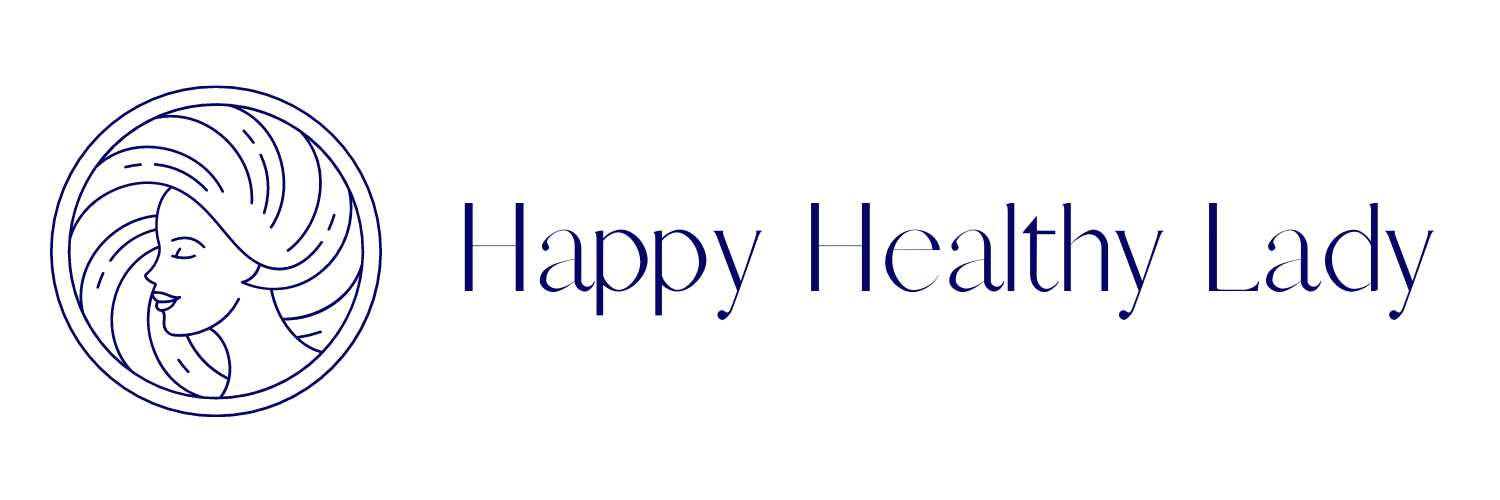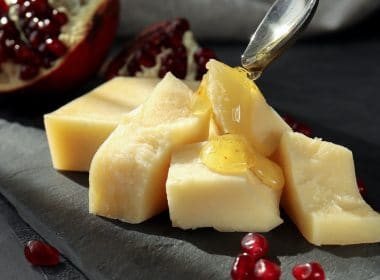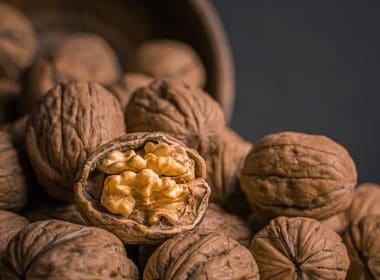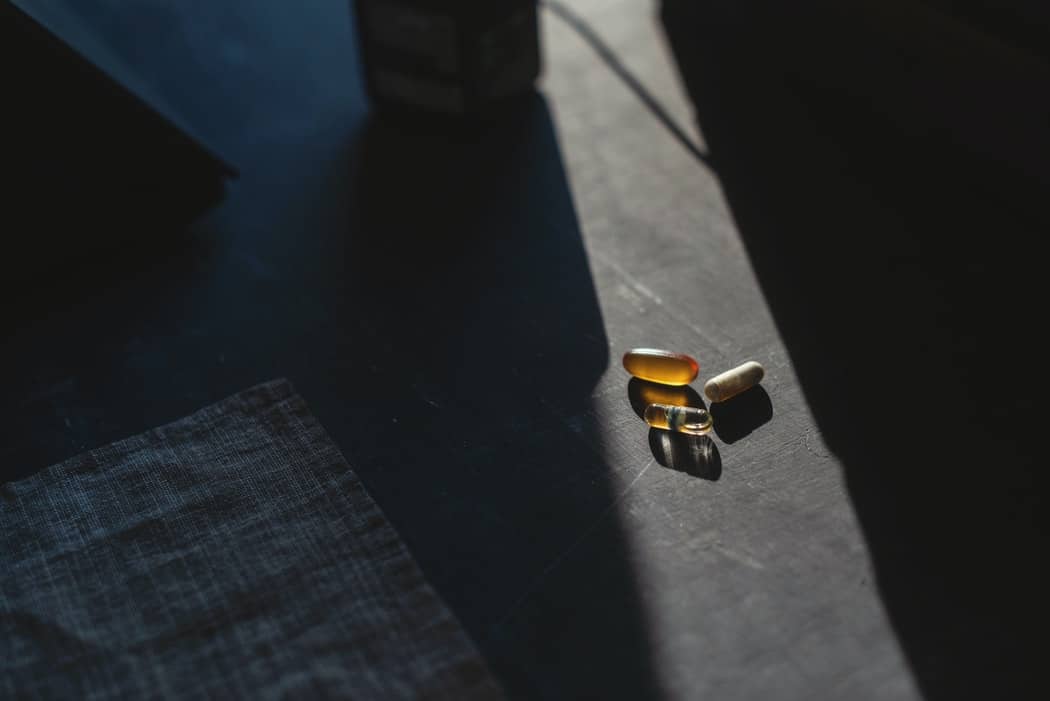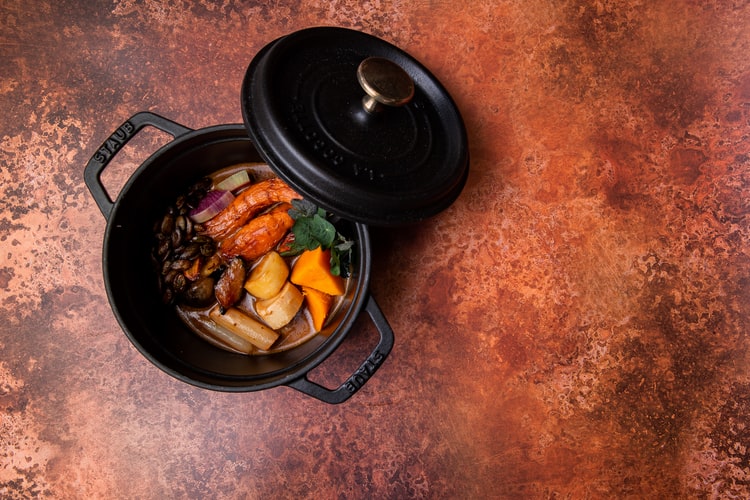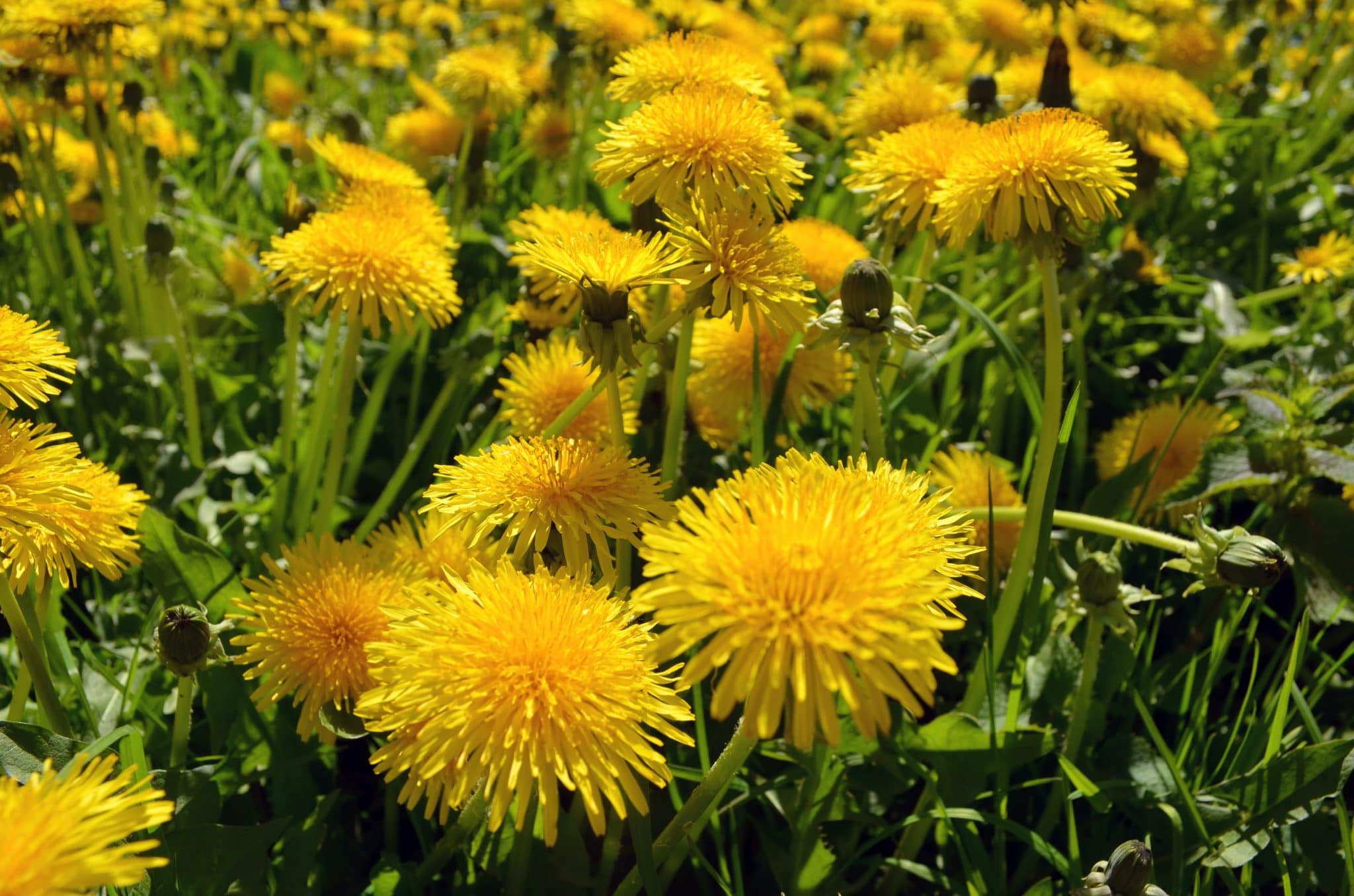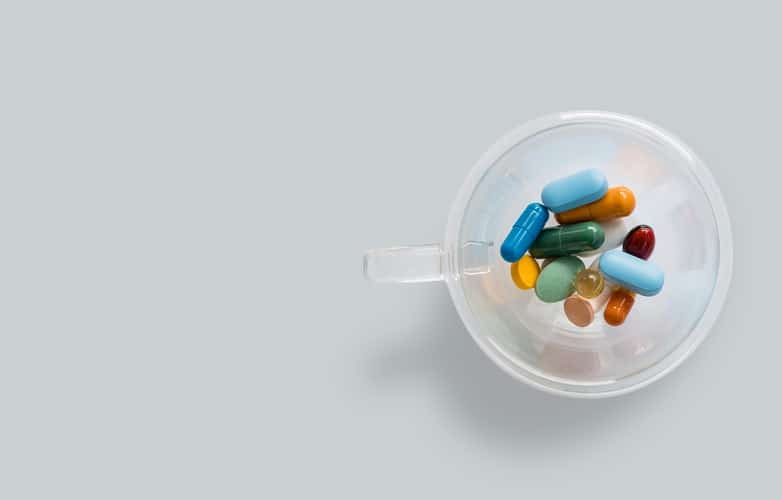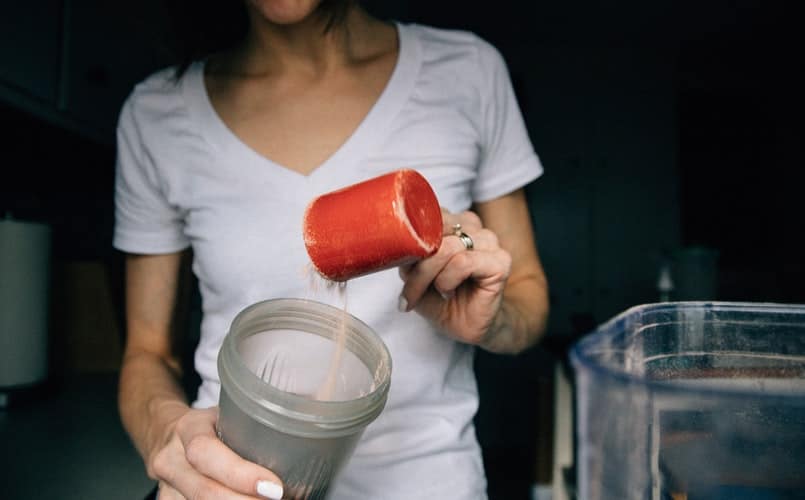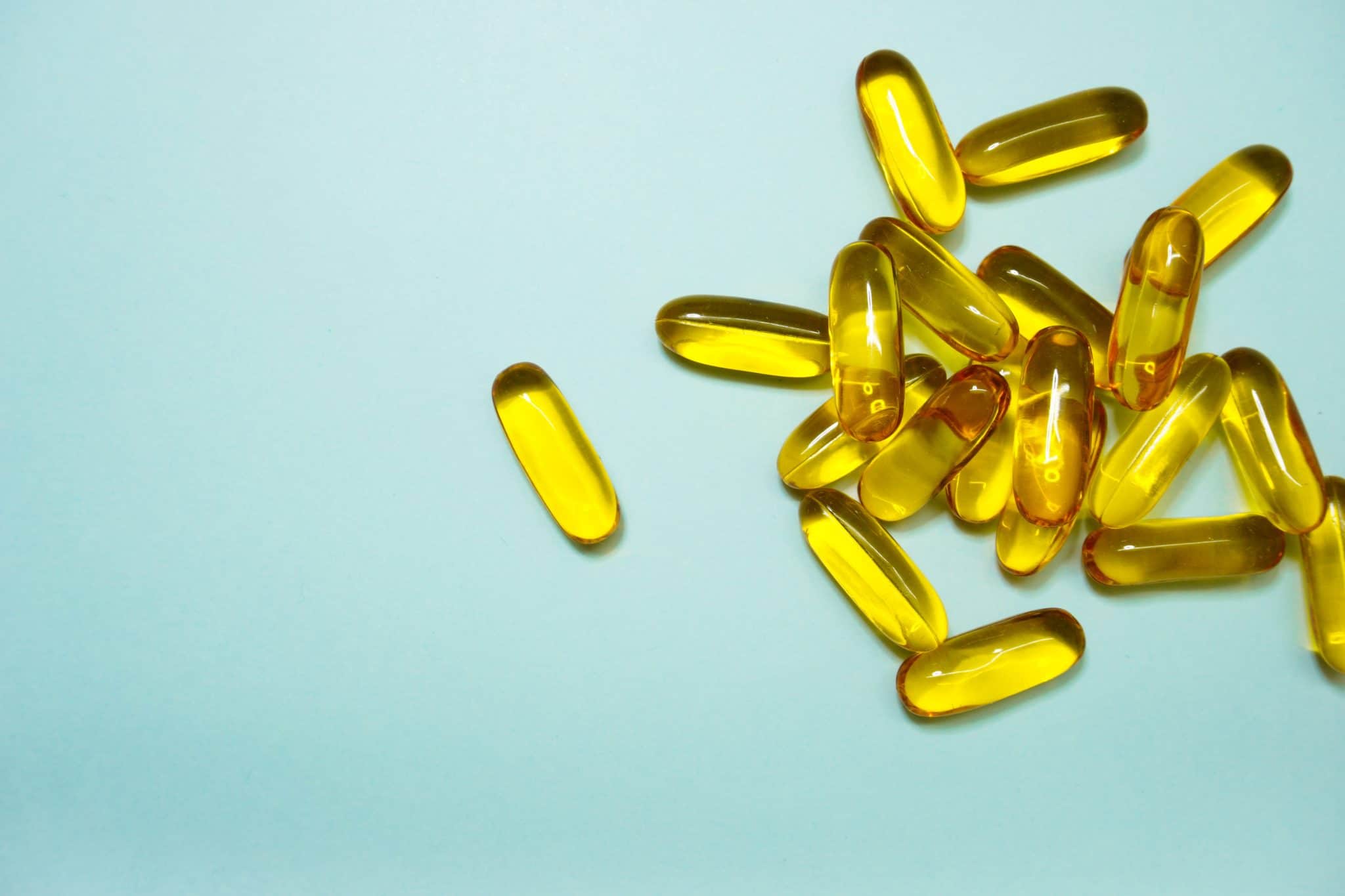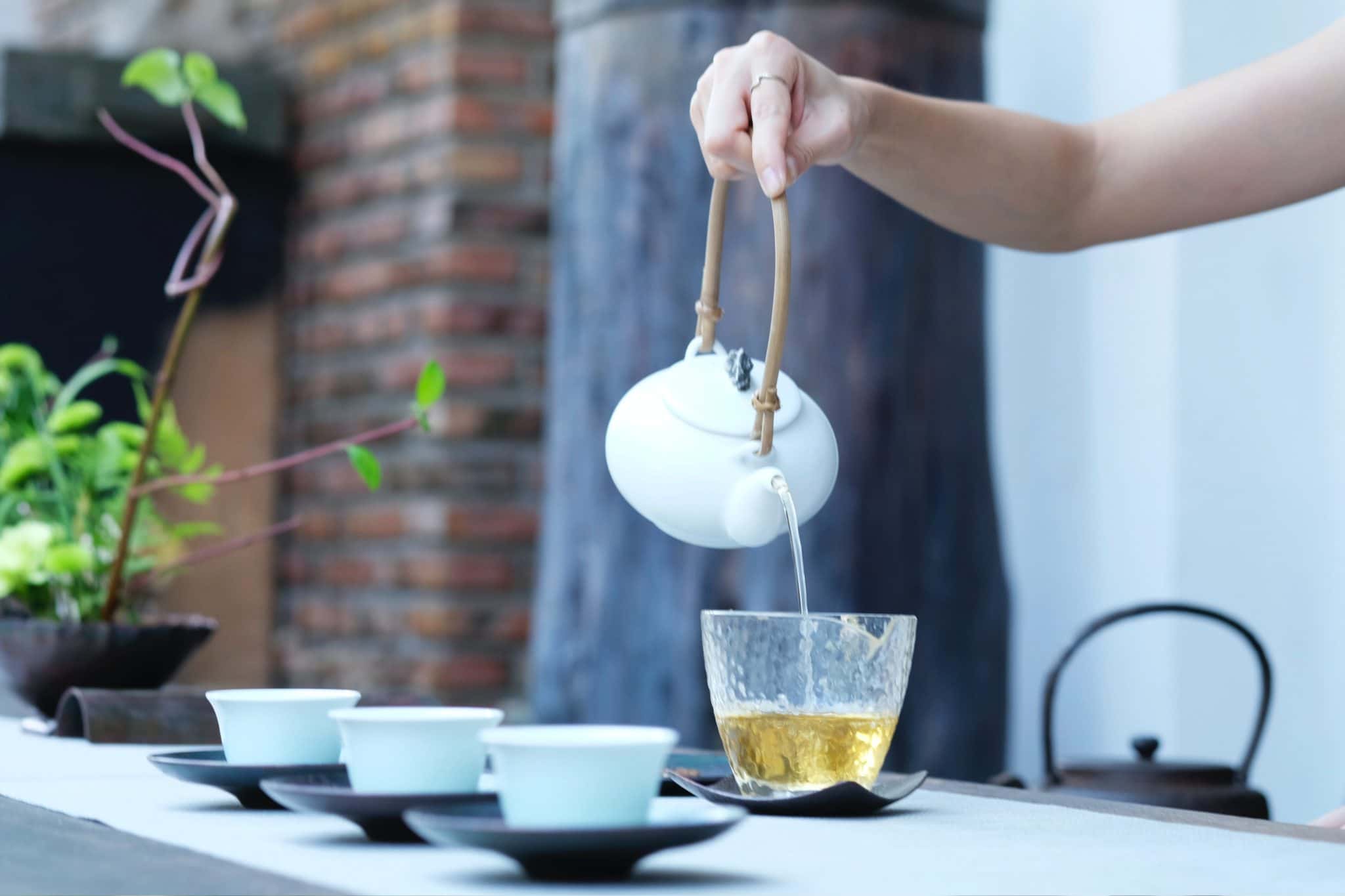Zinc for acne? How could that possibly work? There are many skin conditions that can be caused by a lack of zinc in the diet. One such disease is acne, which causes pimples to form on your skin and usually starts between puberty and adulthood. Acne occurs when too much testosterone leads to an overproduction of sebum which clogs pores in the face, causing bacteria-caused inflammation and redness. Zinc is known to inhibit the growth of this bacteria because it competes with it for food sources. It’s important not only to get enough zinc from your diet but also to maintain balance with other minerals like copper, iron, calcium or magnesium since these all affect our skin health as well.
What is acne?
Acne is a skin condition that can be caused by a lack of zinc and other minerals. One symptom of the disease is pimples, which are formed from an overproduction of sebum that clogs pores in your face. Bacteria-caused inflammation and redness also contribute to what is known as acne. Zinc has been shown to inhibit the growth of bacteria, so it acts as an important addition to any acne treatment routine because it should combat the disease as well as provide a natural defence for when you can’t get enough zinc from your diet. Zinc also helps regulate sebum production, which prevents dry and scaly skin because, without it, certain substances in your body won’t produce enough sebum.
Zinc for acne? Why would that help?
Zinc plays a role in regulating the production of sebum, which is what produces acne. It also helps slow the growth of bacteria that is responsible for acne. Acne often starts during puberty or adulthood when there’s an imbalance between testosterone and other hormones like estrogen, progesterone, and human growth hormone. Zinc supplements help fight this balance because they inhibit the overproduction of sebum when bacteria has grown too much from testosterone being high in your body. The supplementation can always be added to any acne treatment routine as a natural defence against it and zinc will help keep your skin healthy by preventing dryness or scaliness from occurring with its lack.
The Importance of Zinc Supplements
Zinc isn’t just an important mineral in your diet because it helps fight acne, but also because it plays a role in regulating hormones in your body with the overproduction of sebum. These hormones, especially testosterone, lead to an imbalance that can cause other skin conditions like eczema. Zinc supplements should always be added into any acne treatment routine and should help break up the combination of dry and scaly skin because it slows down the production of sebum when there is a lack of it, as well.
Zinc supplements are available online, in health food stores, and in pharmacies. To get the most benefit from them, take them with a meal that includes protein and some fat.
Zinc supplements should always be taken with a meal containing protein and fat since they enhance the absorption of zinc. If you’re going to buy it at the store, choose a supplement that has around 30-40mg per tablet or capsule.
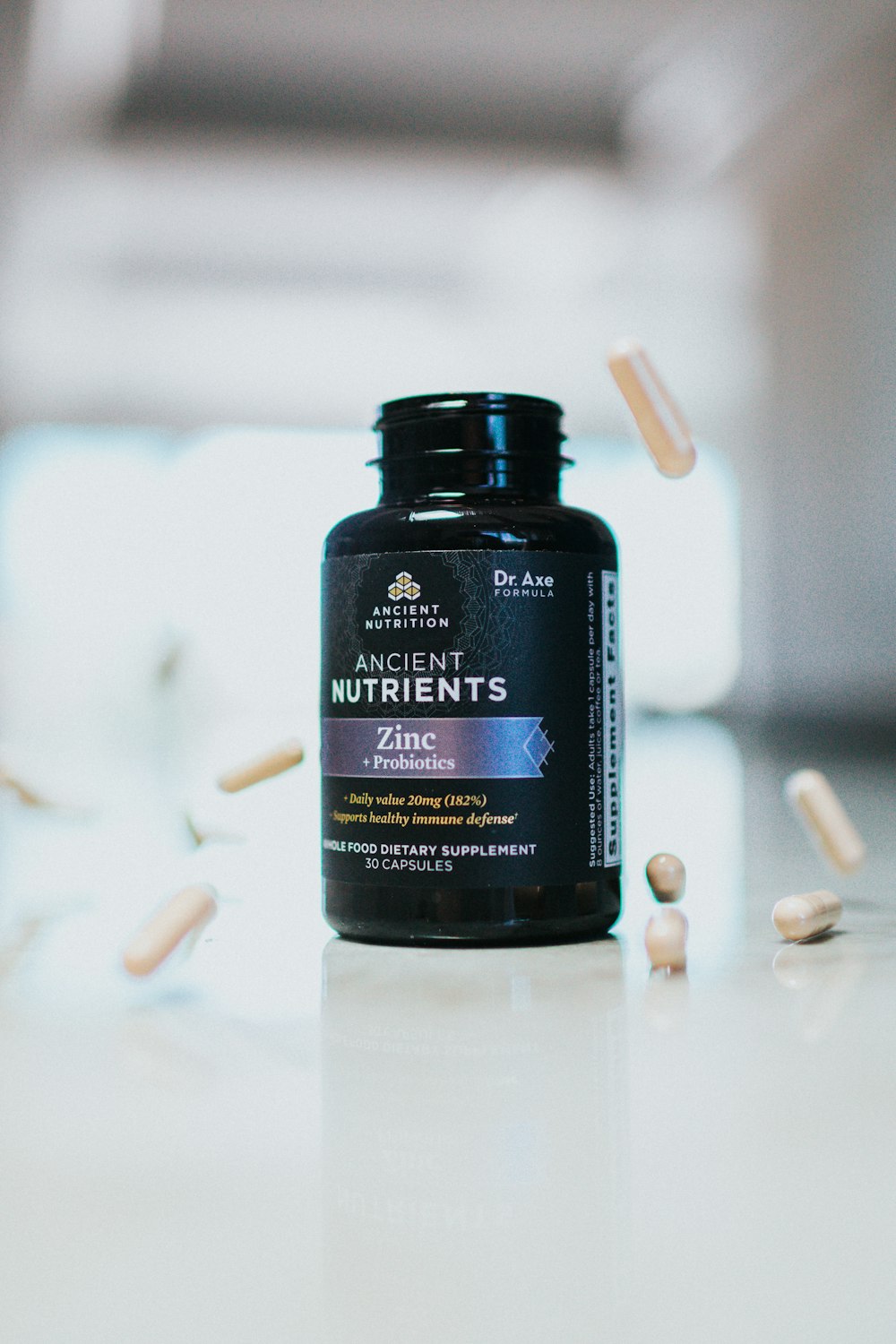
The role of zinc in the body
Zinc plays a role in regulating the production of sebum, which is what produces acne. It also helps slow the growth of bacteria that cause acne. Acne often starts during puberty or adulthood when there’s an imbalance between testosterone and other hormones like estrogen, progesterone, and human growth hormone. Zinc supplements help fight this because they inhibit the overproduction of sebum when bacteria has grown too much from testosterone being high in your body.
Zinc deficiency symptoms
Zinc deficiency is a common occurrence, characterized by atopic dermatitis, decreased hair growth, diarrhoea, delayed wound healing and taste dysfunction.
Zinc deficiency may also occur in patients with cancer, AIDS, and severe burns.
Chronic diarrhoea leads to zinc depletion over time. Chronic diarrhoea treatments like total parenteral nutrition therapy for a long period of time can lead to this as well. Other causes include malabsorption disorders, celiac disease, chronic pancreatitis, chronic liver disease and inflammatory bowel diseases.
How to get enough zinc from your diet
Getting enough zinc from your diet is a relatively easy task, you just have to be sure to incorporate it into your meals. You can buy foods that are high in zinc like certain types of seafood, nuts, and other vegetables. Foods high in protein also contain this mineral so if you’re eating a lot of meat it’s probably a good idea to check out how much zinc they contain. You can also find zinc in cereals, bread, and other grain products. If you’re feeling tired or run down it might be a good idea to get more zinc from your diet because if you don’t have enough of it in there it’ll affect the production of sebum which comes from testosterone and will cause your skin to produce less oil.
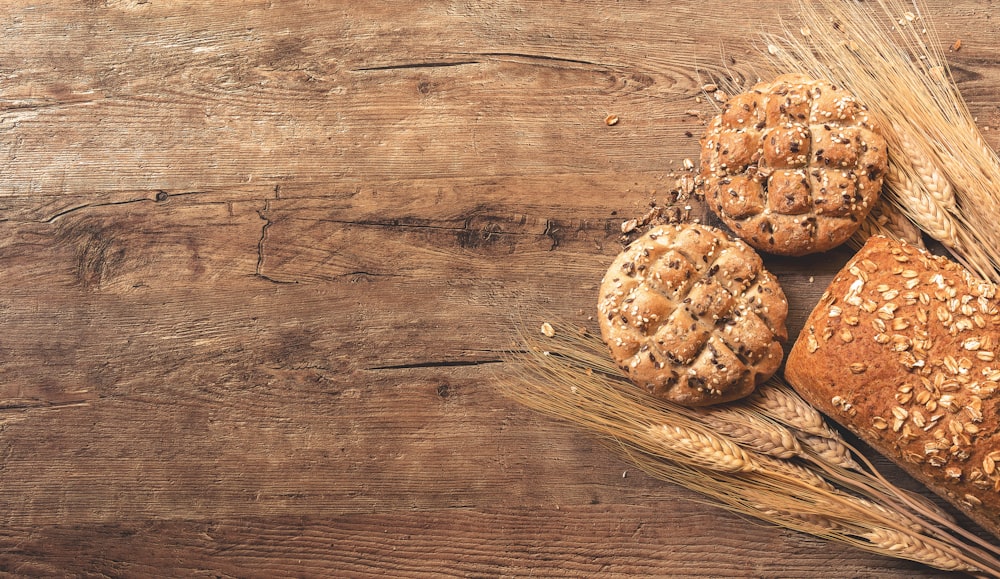
Foods high in zinc
The most common food that has zinc is seafood. Seafood also has other minerals in it, which can help with acne naturally. Other foods like nuts and vegetables contain a lot of zinc in them as well, so you might want to take a look at your diet and see how much of these foods you’re eating. You can also find zinc in cereals, bread, and other grain products. If you’re feeling tired or run down, it might be a good idea to get more zinc from your diet because if you don’t have enough of it in there it’ll cause your skin to produce less oil which leads to acne breakouts.
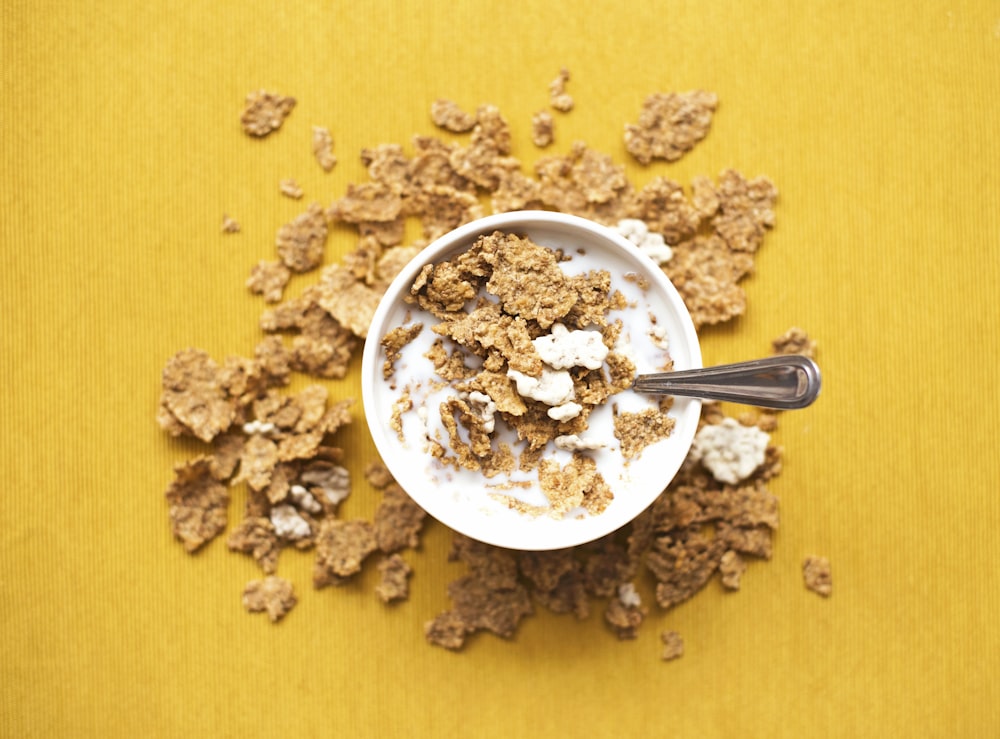
Tips for getting more zinc into your diet on a daily basis
The easiest and most straightforward way to add zinc to your diet would be to get foods with it. Foods with high zinc content include seafood, nuts, and vegetables. You can also find it in cereal products, bread, and grains. Adding more food that you know is high in zinc will help your body produce less sebum which will lead to fewer breakouts.
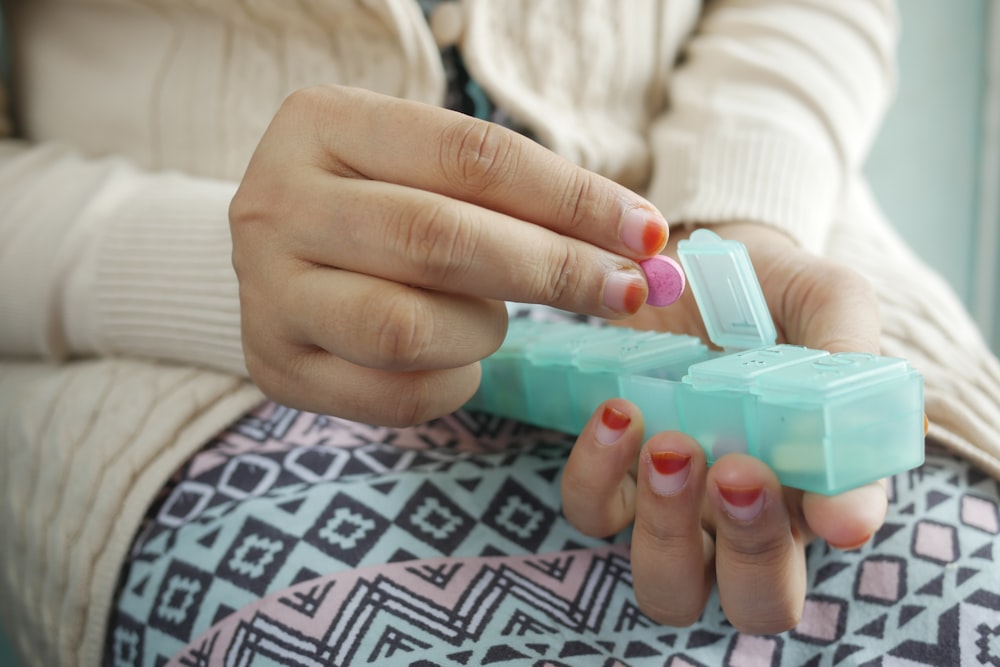
What is topical zinc?
Topical zinc is used for a variety of purposes, including treating acne. Zinc has been shown to inhibit the growth of bacteria that are responsible for skin conditions and should be an important part of any acne treatment routine. It’s also important to balance out your diet with this mineral because studies have shown that those who lack zinc don’t produce enough sebum in their skin which results in dry and scaly skin.
Zinc supplements should always be added into any acne treatment routine and should help break up the combination of dry and scaly skin because it slows down the production of sebum when there is a lack of it, as well.
To apply topical zinc, wash your skin and then gently pat it dry with a towel. Create a small bowl of warm water, dip your fingertip in it, and then rub the zinc on your skin in circular motions. For even coverage place zinc on the darkened spots and as well as all over acne-prone areas. Let the zinc soak into your skin for about 10 minutes before washing it off.
How much zinc should I have a day?
It is recommended for adults to have 11 milligrams of zinc a day. Consuming less than this can lead to zinc deficiency symptoms like atopic dermatitis, decreased hair growth, diarrhoea, and taste dysfunction. Zinc deficiency also occurs in patients with cancer, AIDS and severe burns. It’s important to keep an eye on how much you’re getting into your diet so that you don’t develop any signs of the illness or suffer any deficiencies from it. Zinc is a mineral that’s found in seafood, nuts and vegetables. It can also be found in cereal products, bread and grains. Eating more foods high in zinc will help your body make less sebum which leads to fewer breakouts because they are often the result when there isn’t enough sebum.
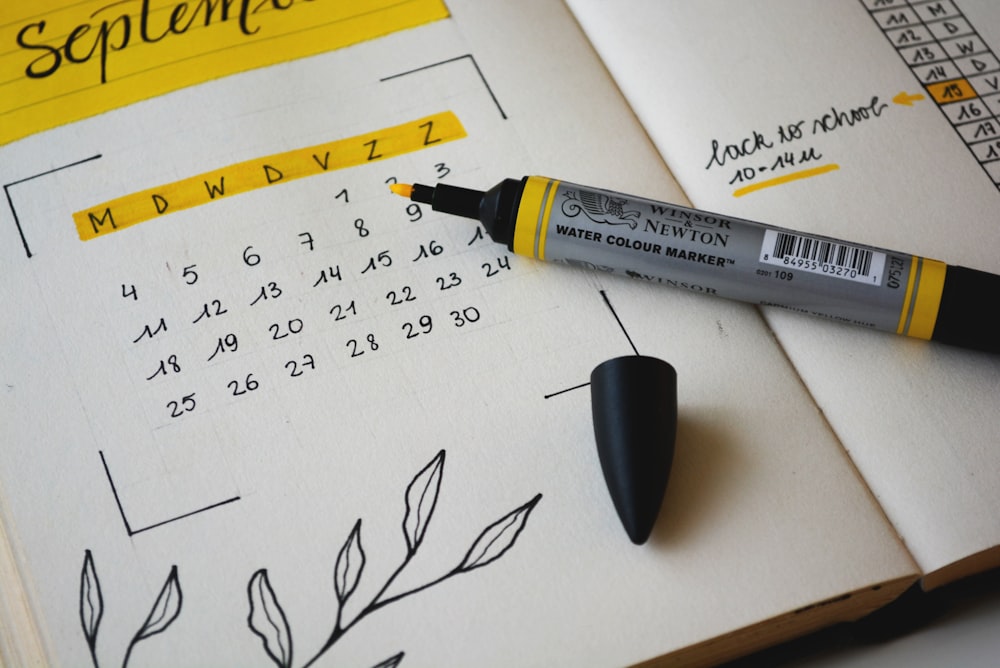
What is oral zinc?
Oral zinc is any type of vitamin or mineral that’s swallowed and goes into the stomach. It’s important to get enough oral zinc because it can lead to a variety of illnesses and deficiencies. You should always try to balance your diet with this mineral because studies show that those who lack it don’t produce enough sebum in their skin which results in dry and scaly skin. Zinc supplements should always be added to any acne treatment routine because they inhibit the growth of bacteria responsible for skin conditions and help break up dry, scaly skin when there isn’t enough sebum.
It’s recommended for adults to have 11 milligrams of oral zinc a day, but consuming less than this will result in symptoms like atopic dermatitis.
What is zinc oxide?
Zinc oxide is a chemical compound found in nature that’s usually made synthetically. It’s used as a pigment and has been used as a food additive since the 1920s. Zinc oxide can be found as an ingredient in sunblocks because of its ability to reflect ultraviolet light. It’s naturally found in the earth’s crust and is also used as a preservative for food like milk. Zinc oxide can also be found in the human body where it helps to protect wounds from infection.
Is zinc gluconate better than zinc oxide as an acne treatment?
Zinc oxide is a mineral that has been shown to inhibit the growth of bacteria responsible for skin conditions, so it should be an important part of any acne treatment routine. It’s also important to balance out your diet with this mineral because studies have shown that those who lack zinc don’t produce enough sebum in their skin which results in dry and scaly skin. Zinc supplements should always be added to any acne treatment routine because they inhibit the growth of bacteria responsible for skin conditions and help break up dry, scaly skin when there isn’t enough sebum.
Zinc gluconate is one type of zinc that’s an essential mineral in our body that helps to slow down how fast sebum gets made when you don’t have enough sebum. It also helps to reduce the effects of seborrhoea on your skin so that it doesn’t lead to acne, making it an important part of any acne treatment routine. Zinc oxide should always be added to your diet as well because it inhibits the growth of bacteria responsible for skin conditions and helps break up dry, scaly skin.
Acne vulgaris can be helped by zinc
A zinc supplement is a little known to many that can be an important addition to your acne treatment routine. Zinc inhibits the growth of bacteria responsible for skin conditions, so it should be incorporated into any acne treatment routine as a natural defence against the disease. It is also important to balance out your diet with this mineral because studies have shown that those who lack zinc don’t produce enough sebum in their skin which results in dry and scaly skin.
Zinc supplements should always be added to any acne treatment routine because they inhibit the growth of bacteria responsible for skin conditions and help break up dry, scaly skin when there isn’t enough sebum.
Zinc therapy
Zinc therapy is when you take zinc supplements to help reduce the effects of seborrhoea and prevent acne.
Zinc therapy is important because it reduces the effects of seborrhoea and helps keep your skin from breaking out in acne when there’s a lack of sebum.
Zinc therapy should always be used in any acne treatment routine because it inhibits the growth of bacteria responsible for skin conditions and helps break up dry, scaly skin.
Anti inflammatory
An anti-inflammatory is a substance that helps reduce inflammation. They can be used in over the counter drugs such as ibuprofen and aspirin.
Final Thoughts
Your skin is one of the most important parts of your body because it protects you from many outside threats. A healthy diet, including good sources of zinc and vitamin B12, can help keep your skin looking its best! For more information on how to incorporate these nutrients into a balanced diet, check out this blog post by our team’s nutritionist for some great ideas.
